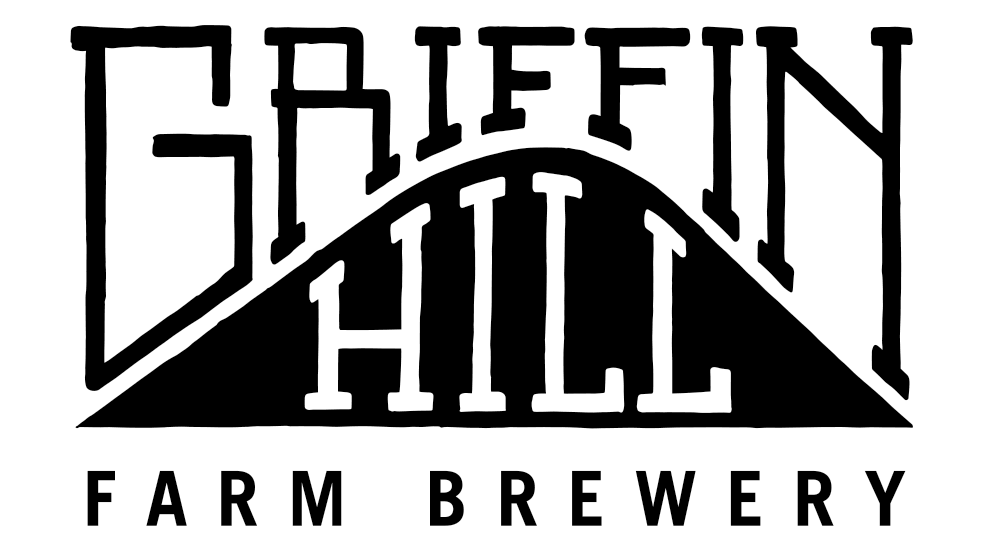Hops, etc.
Traditional English beers, especially the all-pervasive 'bitter', tend to be well-rounded and smooth drinking. They are beers to enjoy sipping while your focus is on the conversation, not necessarily beer to obsess about every flavor note and nuance. Calm down! It's just a pint of bitter, relax and enjoy yourself. The alcohol level is low so you can have a few with your mates and not worry about the state of your head the next morning.
Whole Hops Straight off the Bale
For some American drinkers, a pint of bitter might come as a surprise. The level of bitterness is certainly higher than what your average bud light is going to bring to your palate and the body contributed by the malt is a lot bigger too. If you're looking for soda-like fizz you'll have to look elsewhere--these beers are well conditioned, but don't even come close to approaching the carbonation levels the American drinker expects in a beer. Oh yeah, and they aren't served ice cold. To the English beer drinker though, they are a lot like what a pale American lager is on our side of the pond; a beer you can sip on and enjoy and not have to think too hard about. Wait...isn't this post about hops? Oh yeah. I was about to get to that.
Traditional English hops like Goldings and Fuggle tend to complement these easy drinking English beers well. They produce far more mild flavors than the citrus explosions some of our American hops lend to our American IPA's (think Sierra Nevada).
Steve Mashing In
Here at Le Brewery beers are brewed in the English style-- single infusion, open fermentation vessels, cask conditioning-- beautiful traditional English brewing. Le Brewery is not, however, in England, and the brewmaster/owner Steve Skews is definitely someone who obsesses over every flavor and nuance in a beer. A beer geek after my own heart. I love this guy!
All of his beers have the lovely texture of well conditioned English ales when you pour them out of the cask, but they are beers that make you pay attention. Steve doesn't limit himself or his beers to traditional English hops. Like Le Brewery itself his beers have an English soul, but they have left England and aren't planning on going back anytime soon. All of his beers have at least a little English hop flavor, but then they tend to diverge from tradition and take the drinker for a journey around the hop producing world. Some of his beers, notably the phenomenal Norman Gold, overlay the traditional English hops with a blend of highly aromatic tart and lemon-y hops from Slovenia (in this case a remarkable variety named Celiea ) and piney, citrus-y American varieties. Sometimes, as the brewers reading this know, when you try to use too many hop varieties you get a muddled mess, but in this case believe me. It's really good.
As with most British craft brewers Steve uses whole flower hops rather than ground up pelletized hops. He just likes them better, as do brewmasters at some classic American breweries like Anchor, Sierra Nevada, and Victory. It adds a lot more cleaning time to brew days, but you can't argue with the product.
Digging Whole Leaf Hops out of the Brew Kettle
Wort
Wort for Norman Gold
Wort. Sweet liquid "tea" made from steeping malted grain in hot water. It looks like beer, but it is not yet beer.
Some say that brewers make wort, not beer. Its the yeast that do the real work, converting sugars in the wort into alcohol and carbon dioxide, and adding all sorts of flavors in the process.
I relate this to teaching. As an educator, I know that I can't give knowledge to students. Instead, I create an environment and experiences through which students construct their own learning.
Same thing with brewing. Brewers create an ideal environment in which yeast do the actual work of making beer. And different yeast (like students) need different conditions to thrive.
At Le Brewery, the way Steve talks about his yeast, you'd think she was a member of the family! An old revered grandmother. Yeast, with her life-giving properties, is decidedly feminine.
Knowing your yeast, and caring well for her, is a major part of the art and science of brewing.
Only she can turn humble wort into something much more.









